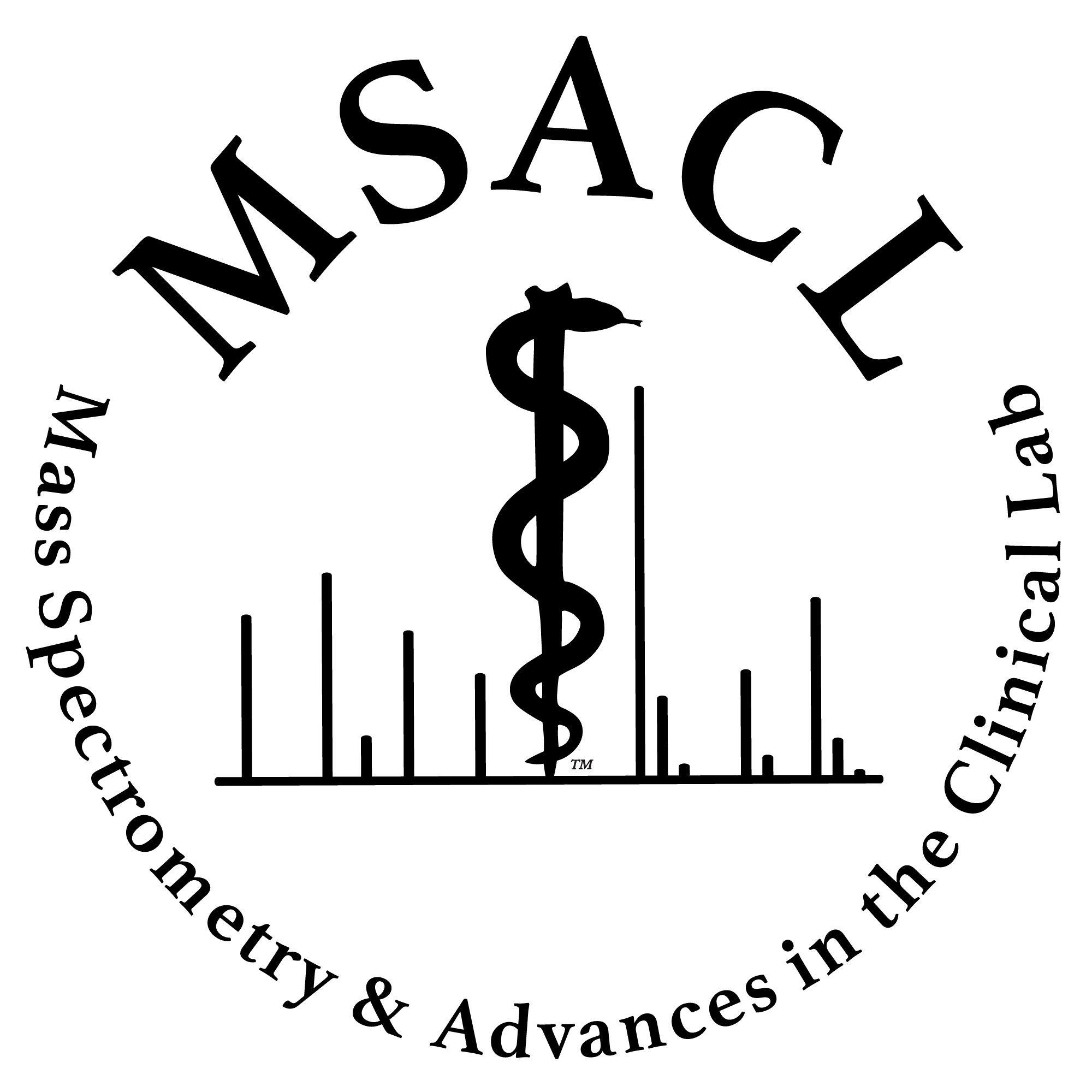 Everything you wanted to know about Internal Standards, but were too afraid to ask Everything you wanted to know about Internal Standards, but were too afraid to ask
Russ Grant
Labcorp, Burlington, NC

|
Russell Grant, PhD (Presenter)
Labcorp |
|
Presenter Bio: Dr. Grant earned a first-class honors degree in Industrial Chemistry from Cardiff University and a PhD in Chromatographic and Mass Spectrometric technologies from the University of Swansea, Wales, United Kingdom. He continued his scientific training in various industrial settings, which have included senior scientist at GSK, Principal scientist at Cohesive Technologies, Technical director at Eli Lilly, and Director of Mass Spectrometry at Esoterix Endocrinology. Dr Grant is currently the Vice President of Research and Development and co-discipline director for Mass spectrometry at Labcorp. Dr Grant has pioneered the use of direct injection technologies, chromatographic systems multiplexing, microsampling, utility of automation, and other new analytical platforms in direct patient care. His research goals are focused upon improvements in speed, sensitivity, and quality of liquid chromatography with tandem mass spectrometric (LC-MS/MS) analytical systems and assays. Dr Grant has been awarded 100 patents and received both the MSACL Distinguished contribution award and ASMS AL Yergey “Unsung Hero” Award in 2024 for his contributions to Clinical Diagnostics using Mass Spectrometry. |

